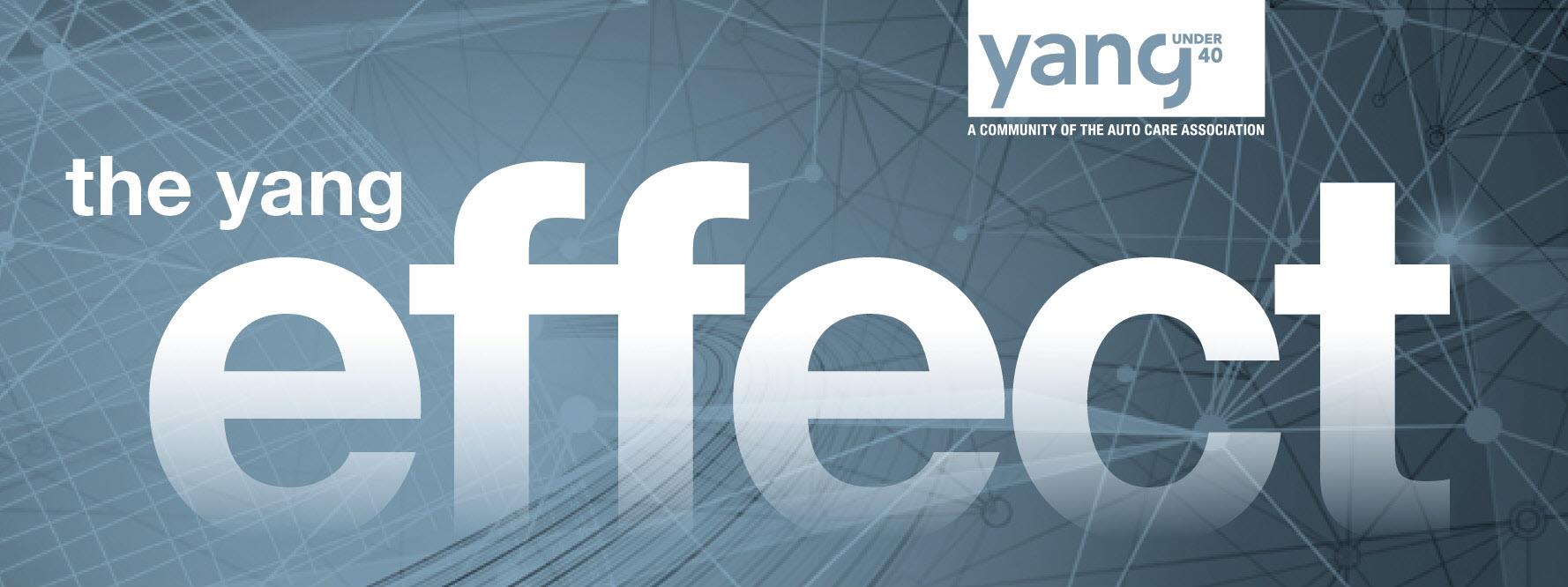
Federal Maritime Commission Announces Final Rule on Demurrage and Detention Billing Practices
On Feb. 26, 2024, the Federal Maritime Commission (FMC) issued a final rule governing demurrage and detention billing practices. The regulations are issued in accordance with the Ocean Shipping Reform Act of 2022. The final rule includes key provisions and requirements for common carriers and marine terminal operators (MTO).
Clarity on Who Can Be Billed
Demurrage or detention invoices can only be issued to either:
- the person for whose account the billing party provides ocean transportation or storage of cargo and who contracted with the billing party for the ocean transportation or storage of cargo; or
- the “consignee,” defined as “the ultimate recipient of the cargo; the person to whom final delivery of the cargo is to be made.”
Demurrage and detention bills cannot be issued to multiple parties simultaneously.
Timeframe for Issuing Demurrage and Detention Invoices
The rule requires vessel-operating-common carriers (VOCCs) and MTOs to issue detention and demurrage invoices within 30 calendar days from when charges were last incurred. Non-vessel-operating common carriers must issue demurrage and detention invoices within 30 calendar days from the issuance date of the invoice they received.
Process for Disputing Bills
Billed parties have at least 30 calendar days to make fee mitigation, refund, or waiver requests. If a timely filed request is made, the billing party must attempt to resolve the matter within 30 calendar days, unless both parties agree to a longer timeframe.
Effective Date
The final rule is effective on May 28, 2024, except the “Contents of Invoice” Section 541.6, which is pending approval.
“The new rule will advance the Commission’s goal of promoting supply chain fluidity by ensuring a clear connection between the failure to pick up cargo or return equipment in a timely manner and the appropriate fee. The rule ensures that billed parties understand the demurrage or detention invoices they receive by requiring certain identifiable information be included by the billing party on the invoice.
Failing to include any of the required information in a detention or demurrage invoice eliminates any obligation of the billed party to pay the applicable charge. Of course, if an invoice does comply, a charged party does have an obligation to pay charges billed. The new rule will provide relief to parties who should never have received a bill for detention or demurrage.”
Read More

Welcome to the new YANG Effect! Your one-stop quarterly newsletter for all things Automotive Aftermarket contributed to and written by under-40 industry professionals.
More posts

Market Insights with Mike is a series presented by the Auto Care Association's Director of Market Intelligence, Mike Chung, that is dedicated to analyzing market-influencing trends as they happen and their potential effects on your business and the auto care industry.
More posts
